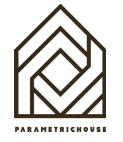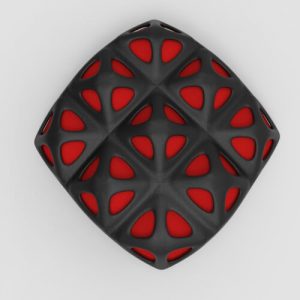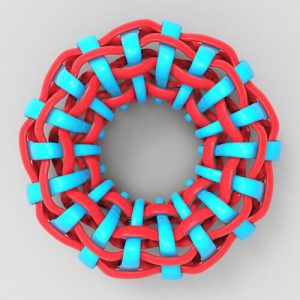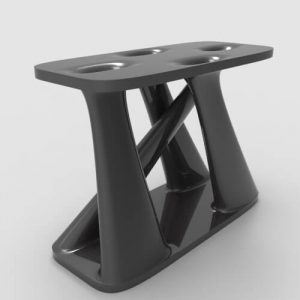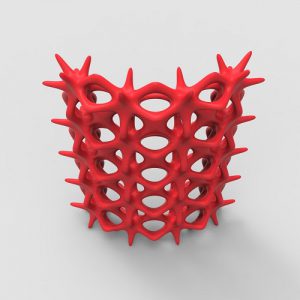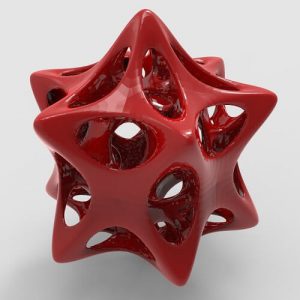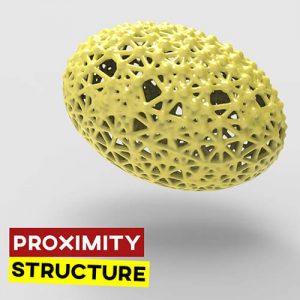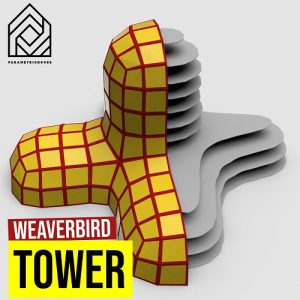In this Grasshopper lesson, I will talk about a technique you can use to produce smooth meshes. This tutorial will be the first for the smooth mesh series and can help you produce organic patterns.
In this Paracourse lesson we will study how to make a weaving pattern on a closed nurbs surface. First we will study the problem of non closed meshes and how we can fix it by a joining technique. Then we will smooth the mesh and give it thickness.
In this Grasshopper course lesson, we will combine plugins to produce bridges between meshes. First, we will produce the base meshes and then study how we can define the bridging between the faces.
In this Paracourse Lesson, we will model a smooth mesh on a surface and control the results by changing the defining parameters. You will also learn how to make a complete seamless mesh for one way closed Nurbs Surfaces.
In this Paracourse lesson, we are going to model an organic mesh pattern by using Mesh+ Plugin combined with Weaverbird. First, we will model the base mesh and then we can smooth it to get to the final Mesh.
In this Paracourse lesson, we are going to learn how to use Proximity 3D to connect a series of points together and then use Dendro to voxelize the final results.
In this Paracourse Lesson, we are going to model a parametric smooth mesh using the Weaverbird Plugin. Then we are going to use some advanced techniques to convert the mesh into a building with frames/windows and slabs.
